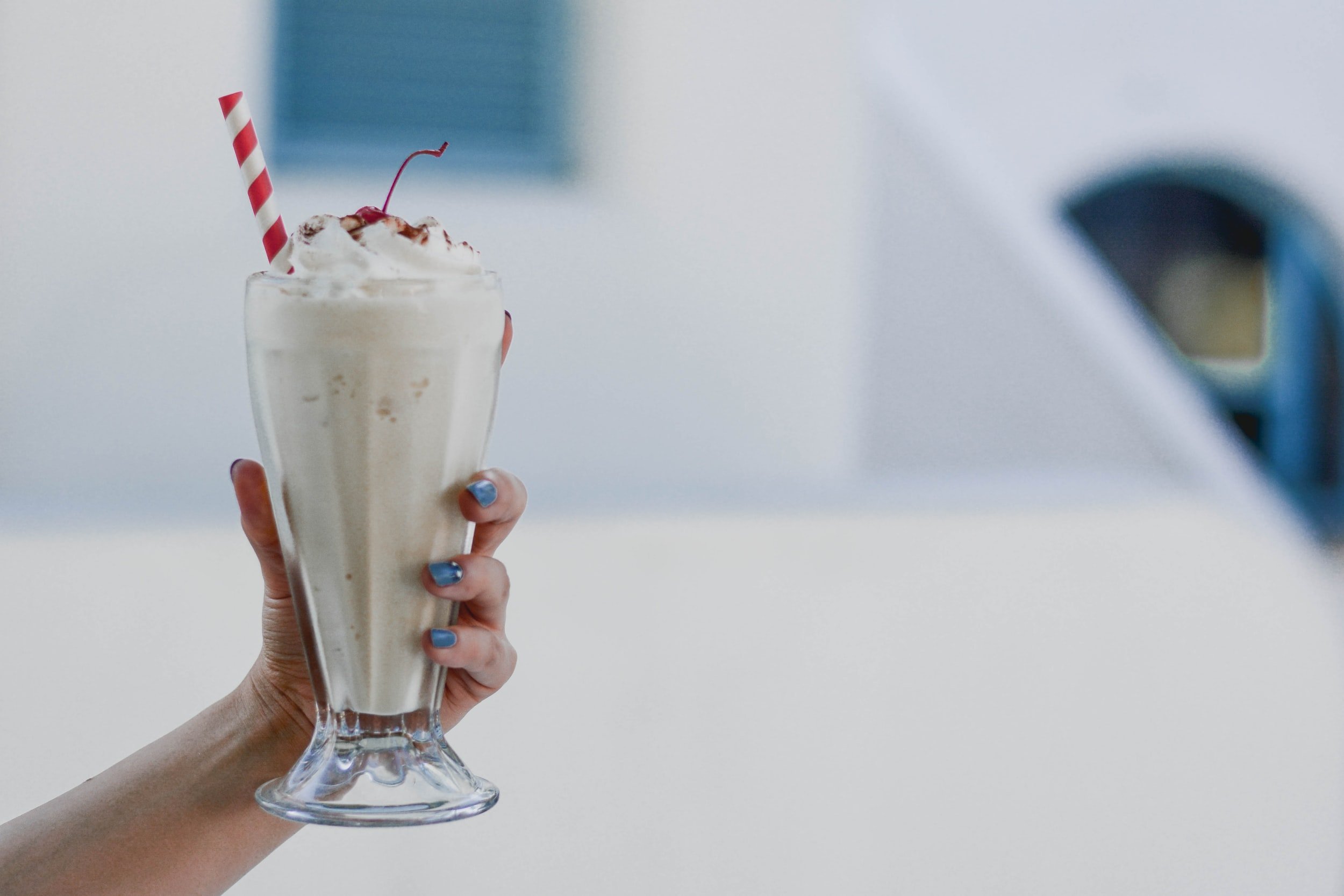Is ‘Might As Well’ Effect Keeping You Stuck?
“I’ve broken my diet, I might as well gorge myself on junk food now!”. Most people with a history of following diets understand this impulse well. It stems from an all or nothing view of eating that says if I can’t stick to the plan/diet/program perfectly, then I’ve failed. If you can identify with it, don’t worry you’re certainly not alone. This impulse has been scientifically proven to affect most people on a diet. But learning how to adjust your mindset in these situations, will allow you to move on from mistakes without losing momentum. This is one of the fundamentals to long-term success.
The ’Might As Well’ Effect In Action
Researchers, keen to explore this impulsive attitude, designed an experiment under
the guise of a taste-testing study. As part of this, they asked participants to drink milkshakes. They observed that the more volume dieters consumed in this taste test, the more ice cream they consumed when they were subsequently left in a room and told they were free to eat as much as they wanted. This is the ‘might as well’ effect in action. When non-dieters were placed in the same situation, the opposite occurred. Over the years working as a dietitian, I’ve had countless conversations with clients who have experienced a very similar thing in real life. Ultimately it’s the very thing keeping them stuck.
Whilst it might seem like strange behaviour, it makes sense once you realise the belief system behind it. That is, breaking my diet means I’ve failed today/this week/this attempt. I’ll start again tomorrow, or next week, or next year! The bigger the indiscretion, the more likely it is to occur. Can you relate to this? Breaking this cycle requires you to dismantle a belief system that equates mistakes to failure.
The Willpower Myth
Whilst lamenting your latest failure, how often have you thought to yourself, “If only I had more willpower!?” As if this is your problem. It’s ironic that most people who say this of themselves often have a history of dedicating months to following strict eating regimes, to the letter, before finally caving. This fact alone suggests that a deficiency in willpower is not the problem. If it were, there would be little chance someone could stick to something so restrictive for longer than a few days, let alone many weeks.
In nearly every case, failure has nothing to do with willpower. The real issue is a belief system that is setting people up to fail. The answer then, involves redefining what success looks like. And the good news is this: a healthy diet doesn’t require you to eat perfectly, all of the time. Mistakes are normal, expected, unavoidable and an important part of change and growth.
How To Move On Quickly From Lapses
If “might as well” effect plagues your diet, a change in attitude towards slip-ups is needed. Instead of seeing mistakes as failure and going down the path of might as well thinking, start by giving yourself permission to stuff up from time to time. With a few simple conditions in place. These conditions are that you learn from the slip-up and move on quickly. One slip-up has not ruined the day, nor the whole week. There is no need to start again tomorrow, or on Monday. There is no need to start again at all.
I often tell clients who feel disheartened by a poor dietary choice that they are allowed to feel as bad/evil as they possibly can, but only for five minutes. After five minutes, it’s time to move on as if nothing has happened. Once you have learned from the mistake, it is pointless holding onto it and berating yourself. It’s never a nice feeling when someone digs up errors and reminds you when you have already apologised. Why should you do it to yourself with the occasional poor dietary choice?
Being selectively forgetful is another concept I discuss with clients. Too often, the first thing clients tell me as a dietitian is all the regretful choices they have made since their last appointment. They recount each error in detail. Asking the same person to describe some of the good decisions they made is a little like pulling teeth.
Whilst it won’t come naturally, you need to learn to selectively forget. And believe it or not, with practice, forgetting becomes much easier! Doing this will allow you to stop dwelling on minor indiscretions, and instead celebrate the gradual improvements on your journey. With a new attitude towards mistakes, it will be a much freer journey.
For those wishing to further explore the relationship between mindset and eating, I’ve started a podcast where I delve into this more. So often it’s mindset that keeps people stuck, rather than any lack of nutritional knowledge.
You can listen to it here!
Article written by David Finnin, Adelaide Dietitian and Nutritionist


